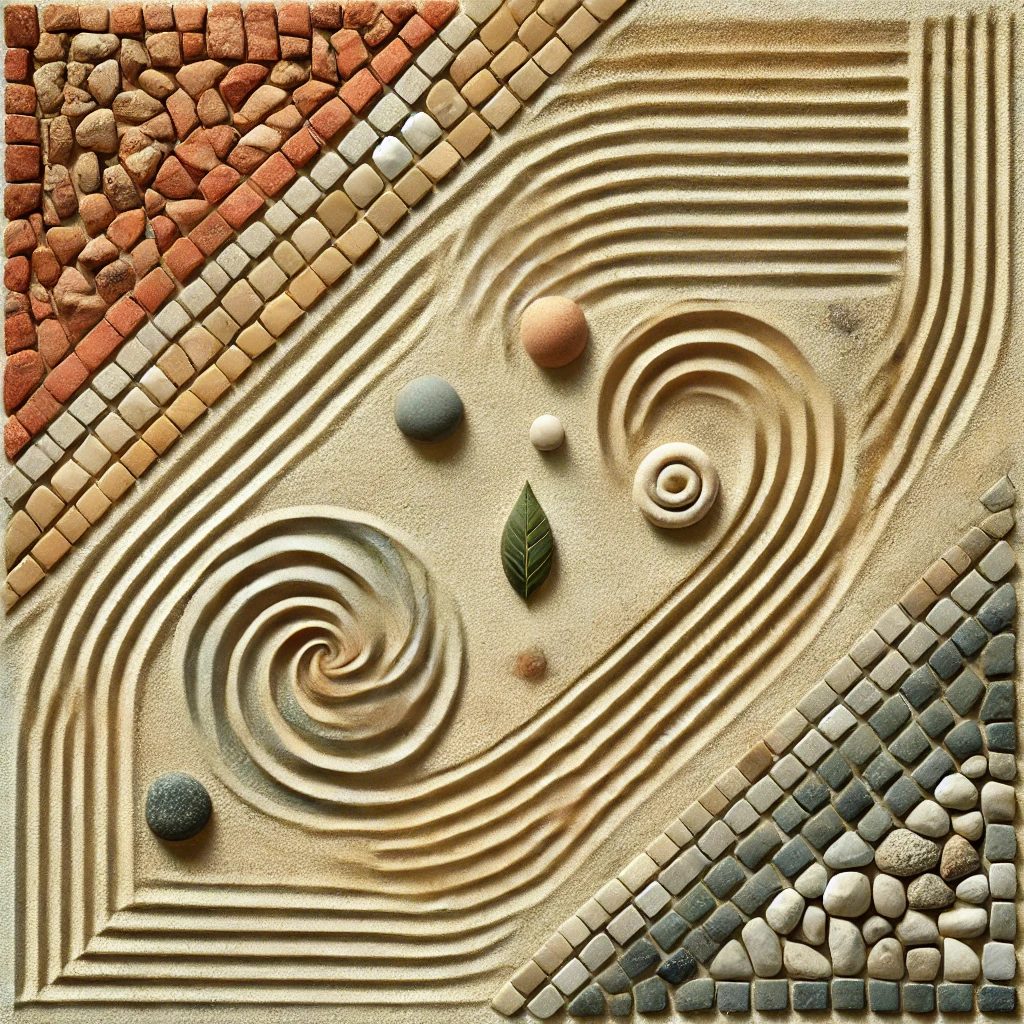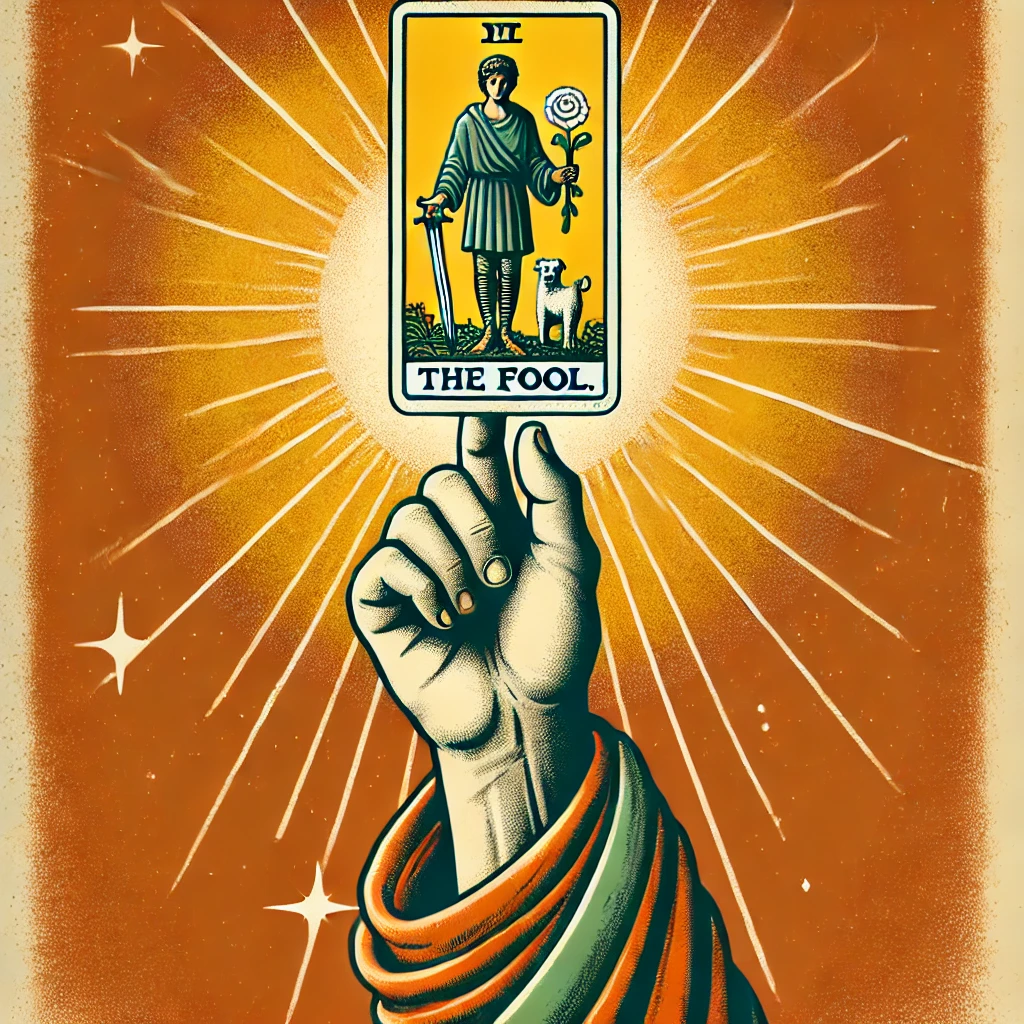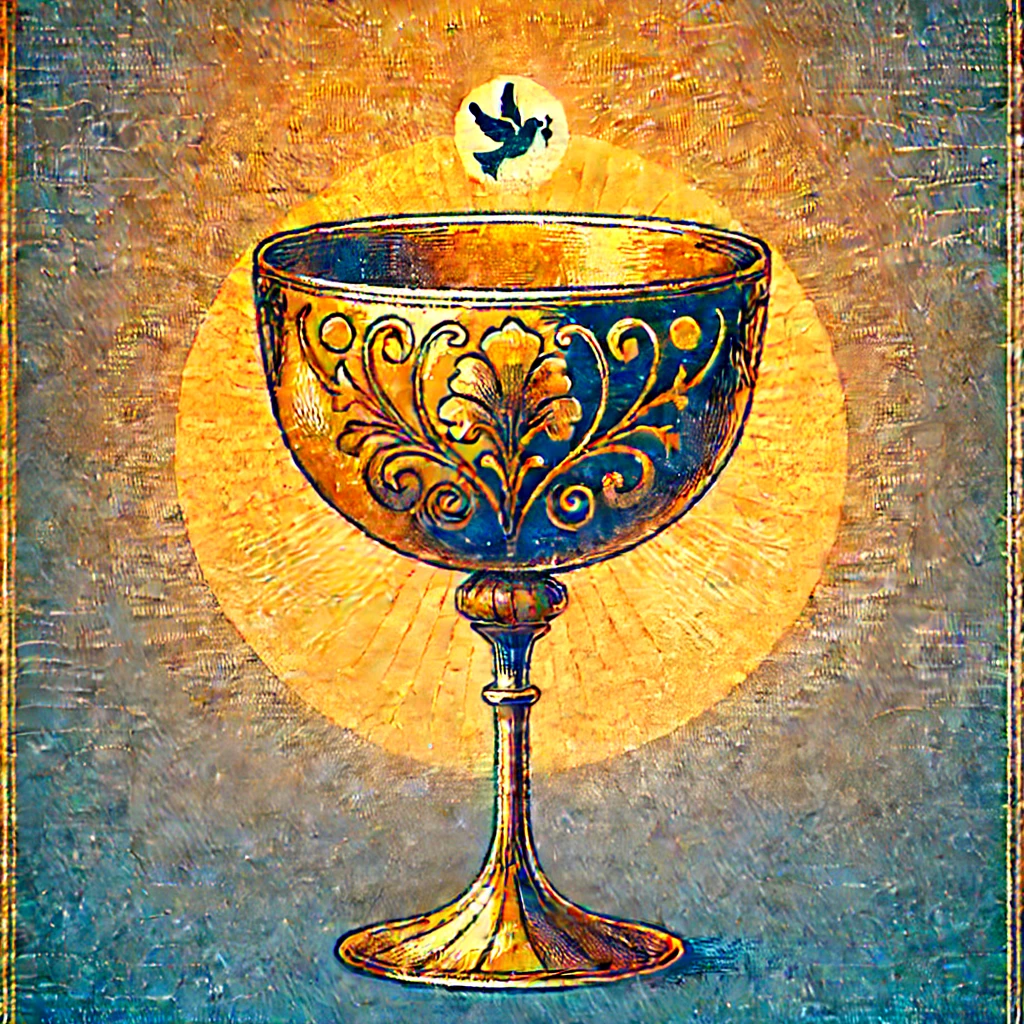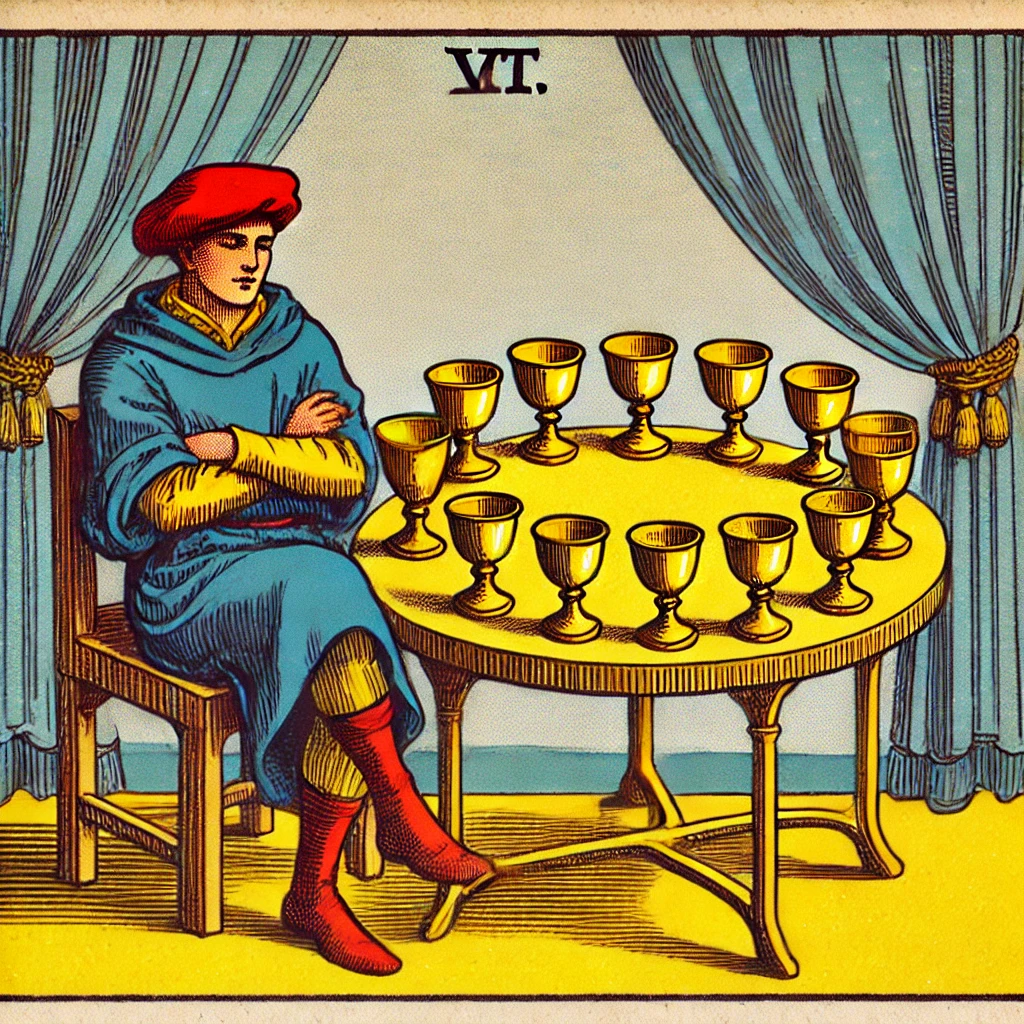Somewhere along the road of life, the story we’ve lived by begins to falter. It may be a quiet moment, like waking before dawn with a sudden sense of dislocation. Or it may arrive as heartbreak, illness, or a confusion that refuses to resolve.
What has guided us no longer holds. The map is worn thin. The path disappears into bramble.
In Jungian thought, we do not take this unraveling as mere dysfunction. It signals something deeper—the moment when the soul begins to reject a borrowed myth.
James Hollis speaks of myth not as fantasy, but as the shaping narrative of a life. Myth lives in the symbols we serve, the patterns we repeat, the dreams that trouble our sleep. When a person suffers without apparent cause, it is often a signal that their guiding story no longer fits the soul’s intention.
Many of us live within myths we never chose. We inherit them from culture, family, and the surrounding world. They promise safety, recognition, progress, or purpose. And they work for a while. But they are not the same as meaning.
The soul does not care about conformity. It cares about integrity. And when a myth begins to violate that integrity, the psyche protests. First softly. Then with symptoms.
A man who has chased success his whole life may one day feel a hollowness he cannot name. A woman praised for her selflessness may wake with anger rising in her chest. These are not failures of character. They are inner signals.
Depth psychology teaches us that we are always in service to something. The question is what. When the old images grow dim, and the gods seem to have left the temple, something ancient stirs within us. A crisis, yes—but also a turning.
The modern world, with all its speed and surface, offers few sacred stories. It gives us metrics, but not meaning. When we measure our lives only by output, status, or efficiency, we risk losing what is most human.
Myth once linked us to the cosmos, to nature, to tribe, and to self. It helped us find a home in the universe. Without it, we drift.
And yet the soul does not abandon us. It continues to speak through dreams, synchronicities, body signals, and images. It offers fragments of a personal myth waiting to be discovered.
Individuation, as Jung called it, is not about becoming special. It is about becoming whole. It is the long journey—often circuitous—toward living in alignment with the values and energies that are truly ours.
This journey is not a straight line. It is not defined by success as culture measures it. Often, it asks us to lose what we thought we wanted, to grieve what never was, to dare something unnameable.
In the Grail legend, the knights do not follow one path. Each enters the forest “where there was no path.” This is the essence of individuation: to risk the unknown in service of a deeper truth.
Along the way, we will meet the fragments of ourselves we once cast aside. The obedient child, the angry youth, the fearful dreamer. These are not mistakes to fix. They are energies to integrate.
The old myths may fall away, but a new myth waits in the shadows. It comes not from the ego, but from something more ancient. The task is to wait, to listen, and to serve what calls from within.
In this, Hollis reminds us, we are not alone. We stand in the lineage of those who have always sought a story large enough for the soul. One that honors suffering, welcomes complexity, and calls us to live more fully, even when the way is dark.
And so we listen. Not for answers, but for resonance. Not for certainty, but for the next step.
When the outer stories fail, we return to the inner image. When the center cannot hold, we search for the deeper ground. And from that ground, a path begins to form—one step at a time, through the woods where no path lies.
Tim– Soulful Nuggets Team
This blog is a reflection on the course ‘A Jungian Perspective on the Tarot‘
by Jungian Analyst Ken James on JungPlatform.com.





